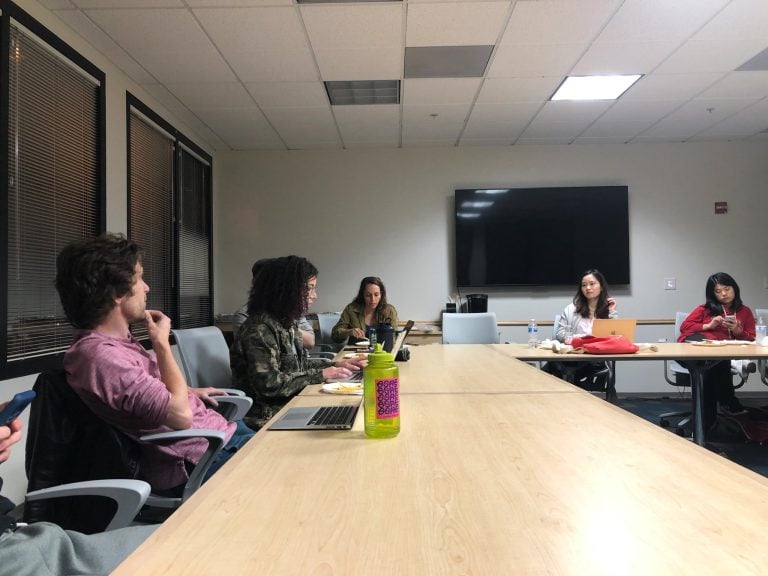The Graduate Student Council (GSC) plans to survey graduate students in April about drug misuse in April. Councilors said data from the survey could help guide future policy and improve student safety during the meeting on Wednesday night.
The University conducted a similar survey of undergraduate students in 2019 to learn more about how students use alcohol and drugs. The survey found that 12% of respondents use drugs other than alcohol, marijuana or nicotine. In mid-January, a Stanford student died from a fentanyl overdose.
The discussion comes one month after the Council passed a resolution asking the University to give community associates and resident assistants access to training programs on naloxone, a medication that can treat emergency narcotic overdoses. While debating the resolution, councilors suggested that the school should survey graduate students to better understand how drug abuse affects students.
Councilor Grace Achepohl M.S. ’21, who is involved in writing the survey questions, said the survey aims to determine how many graduate students use different types of drugs, the rate at which students use them and how drugs interfere with their daily lives. The questions will be attached to a wellness survey that the University will distribute in April, according to the Council co-chair Kari Barclay, a fifth-year theater and performance studies Ph.D. student.
“I think it is important to understand from a public health perspective what types of drugs they are using because in today’s day and age, a lot of things can be laced,” Achepohl said. “This can really influence our interventions, even if they are not being abused necessarily. We still need to know if people are using high amounts of opioids on campus.”
Earlier this year, the University warned students of the dangers of fentanyl-laced drugs months after local law enforcement officials seized a large number of counterfeit pills containing fentanyl across Santa Clara County.
Councilor K.C. Shah J.D. ’22 said the survey will identify important information about drug use within the student body. He added that it is important to tailor the questions to the graduate student community before they are sent out.
The Council also planned its upcoming Thanksgiving event, during which graduate students will be able to order a free take-out meal, which they can pick up between 10 a.m. and 4:30 p.m. The meals will be catered by Ray’s Grill, a minority-owned restaurant on campus. The event will provide 1,000 free Thanksgiving dinners to graduate students.
Contact Tammer Bagdasarian at tbag ‘at’ stanford.edu.
